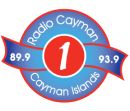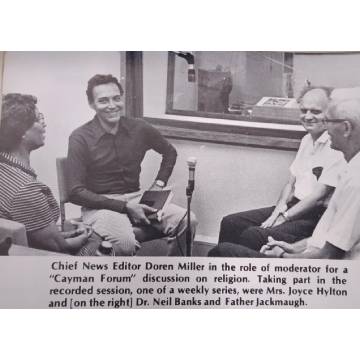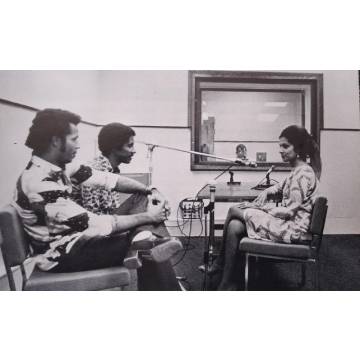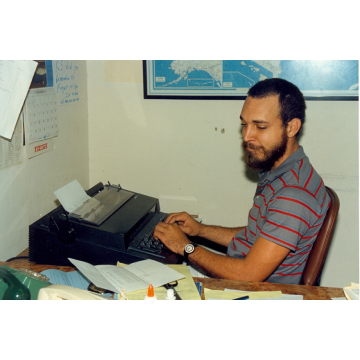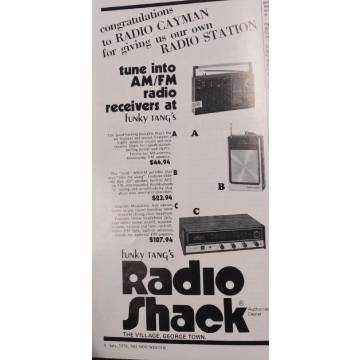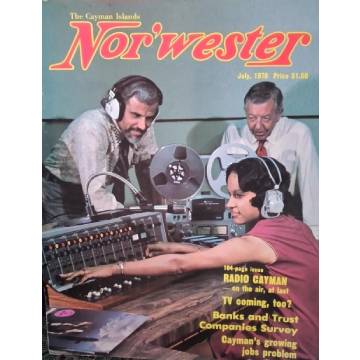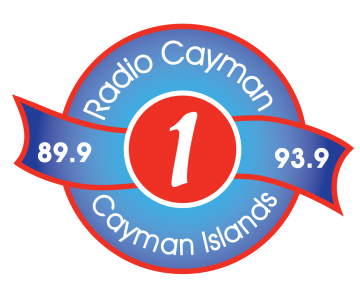News
DEH Advises Food Business Operators, Food Handlers on Preventative Measures to Minimise the Future Spread of Coronavirus

The coronaviruses (CoV) comprise of a large family of viruses that cause illnesses ranging from the common cold to more severe diseases such as Severe Acute Respiratory Syndrome (SARS)-CoV). Coronaviruses are zoonotic, which means that they are transmittable between animals and humans.
Novel coronavirus (COVID-19), that is responsible for the pandemic, is a new strain of coronavirus that has not previously been identified in humans. Although the virus is not a foodborne pathogen food handling personnel are vulnerable to infection. They are also capable of passing the virus on to work colleagues, customers and members of the public.
Food business operators and food handlers should note that the virus is spread mostly through airborne droplets. This being so, coronavirus is spread whenever the infected host coughs or sneezes, resulting in contamination of equipment, food and food contact surfaces, as well as other working surfaces.
Currently there are has been one known case of coronavirus in the Cayman Islands. It is however likely that returning residents and/or visitors from affected areas will bring coronavirus to our shores.
Since anyone can be affected, the Department of Environmental Health is informing food business operators and food handlers that they are key in helping prevent the spread of the virus. The DEH currently conducts food hygiene training where one of the main topics covered is personal hygiene. Personal hygiene requires food handlers showering on a daily basis, wearing clean clothing and maintaining good grooming on and off the job.
To avoid contamination it is very important that food handlers wash their hands with warm water and soap more frequently while handling food and food preparation equipment. Good work practices will help prevent the spread of coronavirus. Also apart from hand-washing activities, care must be also taken to clean and sanitise food preparation surfaces, along with other work surfaces such as counter tops, fridge handles, door handles and tables.
Food handlers are reminded that it is advisable that fruits and vegetables that may have been touched by consumers, while on display in respective food outlets, especially those that are likely to be eaten in their raw state (e.g. lettuce, apples and grapes) must be thoroughly washed before they are eaten.
Food handlers are also reminded that they should sneeze or cough into a tissue and dispose of it. If tissues are not available they should cough or sneeze into their elbows, not their hands. Food handlers are asked to avoid shaking clients’ hands or touching accompanying pets, to avoid contracting or spreading coronavirus.
If food handlers have coronavirus symptoms (e.g. coughing, fever or shortness of breath), they should stop working, inform management, self-isolate and seek medical guidance through the HSA Hotline 534-8600 or toll free 1.800.534.8600 or 947-3077 (Digicel users) or email flu@hsa.ky. Follow self-isolation household guidance on www.hsa.gov/public-health/coronavirus or www.gov.ky./coronavirus.
DEH Food Safety Officers will be visiting food business operators to remind them of their obligation to maintain clean and safe work environments for both their staff and customers.
